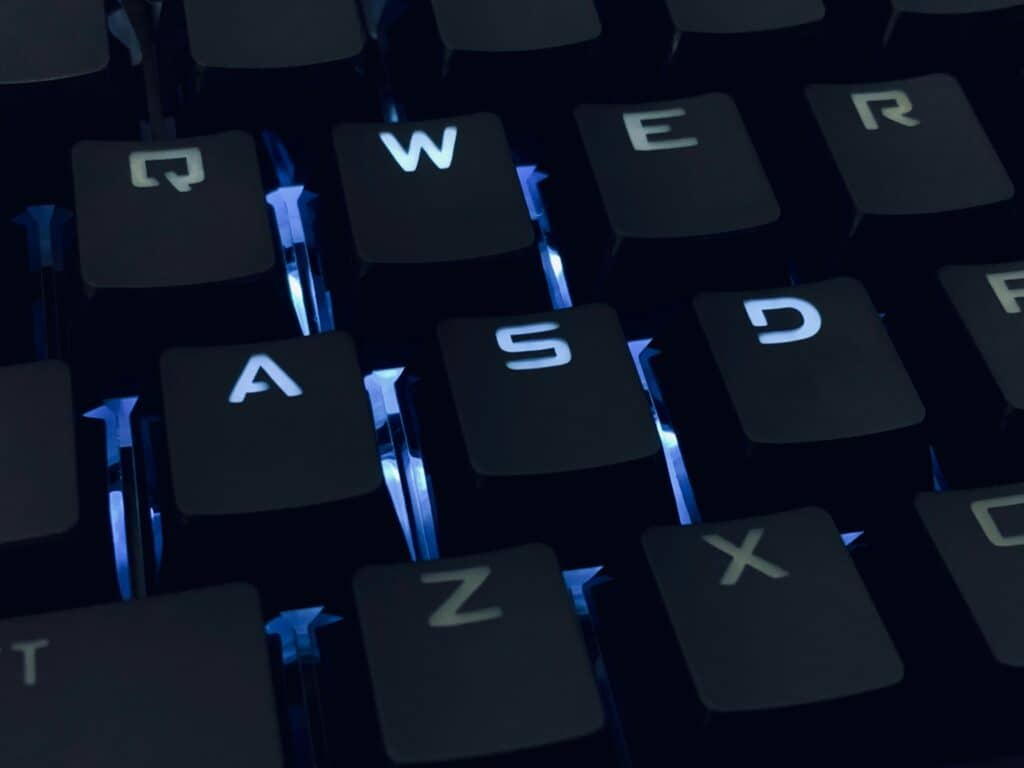Scroll platform’s leading lending protocol, Rho Markets, has announced a security breach. This Rho security breach has raised significant concerns within the crypto community regarding the robustness of current security measures. Early data from the news sources suggests that the attacker drained USDT and USDC vaults, causing a loss of approximately $7.6 million.
Reports of ‘Unusual Activity’ Amidst Rho Security Breach
Rho Markets, a prominent lending protocol within the Scroll ecosystem, has reported detecting unusual activity on their platform. The exact nature and methodology of the attack remain under investigation, but initial signs point toward a significant security compromise. As a precautionary measure, Rho Markets has suspended platform operations to prevent further damage. The team collaborates with cybersecurity experts to analyze the breach, aiming to identify vulnerabilities and enhance defences. Meanwhile, users are advised to stay alert and monitor their accounts for suspicious activity.
Impact on Users’ Funds and Immediate Response
According to data from Debank, the perpetrator siphoned off funds from USDT and USDC vaults. At the time of writing, estimates indicate a loss of around $7.6 million. Rho Markets ensured users that the majority of the pools remain secure and is taking steps to address the breach promptly. This incident underscores the critical need for robust security frameworks in decentralized finance.

Scroll’s Reaction: Measures Taken to Mitigate Risk
The Scroll team has acknowledged the Rho security breach and is actively coordinating with Rho Markets’ team to assess and address the situation. To safeguard the platform and its users, Scroll has allegedly decided to temporarily delay the transaction confirmation process across the network. This precautionary measure is expected to help contain any potential fallout and allow for a thorough assessment.
Potential Attribution and Speculated Cause of the Attack
While the specific cause of the attack is still unclear, some industry experts speculate that the breach might be linked to an oracle malfunction. Oracles are critical components in decentralized finance that provide essential data for smart contracts. Any compromise in the oracle’s integrity can lead to significant vulnerabilities, as potentially demonstrated in this attack. In addition to oracles, other potential causes under investigation include smart contract bugs and exploitations of systemic weaknesses. This highlights the need for comprehensive audits and continuous monitoring to ensure the security and reliability of decentralized financial platforms.
The Role of Zero-Knowledge Proofs in Scroll’s Security
Scroll is renowned for utilizing zero-knowledge proofs (ZKPs) to build a new layer on Ethereum. This technology aims to enhance security and privacy for transactions. Despite this advanced security approach, the recent breach at Rho Markets highlights that even sophisticated systems are not impervious to attacks. Scroll reportedly has $1.1 billion in total value locked (TVL) on its platform, emphasizing the high stakes in ensuring robust security mechanisms. The Rho security breach
has spurred the Scroll team to comprehensively review their security protocols, ensuring that all potential vulnerabilities are identified and addressed promptly to prevent future breaches.

Conclusion
The Rho security breach serves as a stark reminder of the importance of continuous vigilance and improvement in cybersecurity practices within the decentralized finance ecosystem. While the immediate measures taken by Rho Markets and Scroll aim to mitigate further risk, this incident will undoubtedly prompt a reevaluation of security protocols.
Meanwhile, users and stakeholders are advised to stay informed as more details emerge and the full impact of the breach becomes clearer. Additionally, this incident may lead to increased scrutiny from regulatory bodies, potentially driving the implementation of more stringent security standards across the entire decentralized finance sector. This breach underlines the necessity for ongoing innovation in security measures to protect user assets effectively.


























